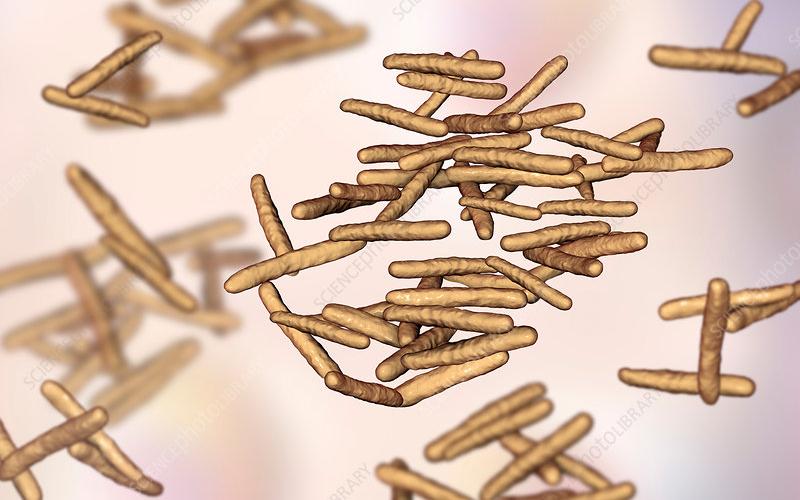Study Highlights Variability in Milk Tests for Johne's Disease Detection

Pictor Holdings Inc. has announced new findings from a peer-reviewed study indicating variability in milk-based diagnostic tests for Johne's disease. While serum-based antibody tests show good agreement, milk results are inconsistent, indicating a need for milk-specific diagnostic standards.
Johne's disease, caused by Mycobacterium avium subspecies paratuberculosis (MAP), is a significant issue for the U.S. dairy industry, costing an estimated $198 million annually. The bacterium damages cattle's gut, diminishing nutrient absorption and milk yield. It spreads via contaminated feces, milk, or feed.
The study observed that two commercial antibody tests aligned well when used on serum samples (κ = 0.84–0.94), but showed lower agreement on milk samples (κ = 0.59–0.82). The research suggests developing milk-specific assays with standardized cutoff values to improve diagnostic reliability.
Milk is a practical specimen type for herd surveillance due to routine sample collection. Improved milk-based antibody tests could facilitate early Johne's disease detection without resorting to more invasive or costly testing methods.
Dr. John Bannantine, a retired USDA-ARS Research Microbiologist, emphasized the disease's under-recognized burden, stating it affects both economic and animal welfare. Dr. Jamie Platt, CEO of Pictor Holdings Inc., noted the need for cost-effective milk-specific tests for reliable herd monitoring.
The study was conducted in New Zealand and compared diagnostic kits on milk and serum samples, with some also tested using fecal PCR. Despite being based in New Zealand, the findings are applicable to dairy operations globally, including in North and South America, Europe, and Australasia.
Pictor Holdings, headquartered in Carlsbad, CA, continues to focus on next-generation multiplex diagnostics, improving outcomes in both human and animal health.









